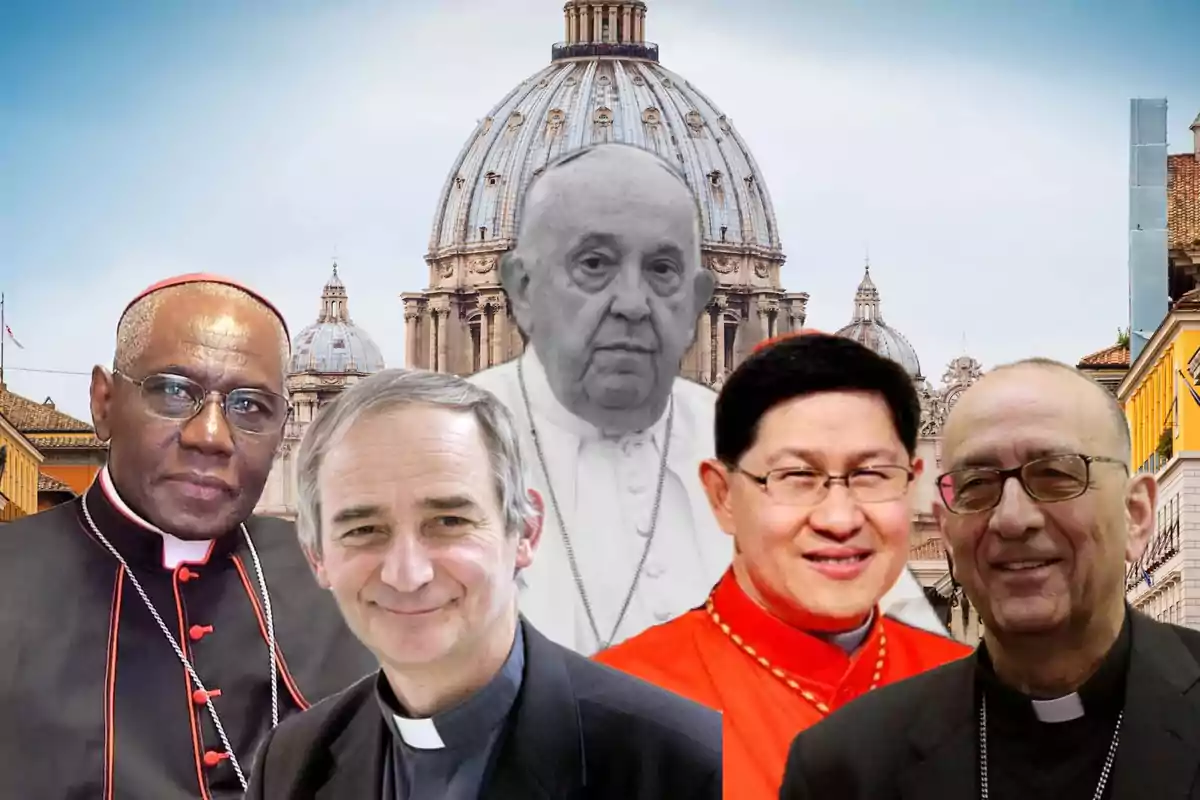
The Vatican plans a new papacy: The favorite candidates to succeed Francis
Cardinals Tagle, Zuppi, and the Spaniard Omella embody the Franciscan line while Sarah embodies the traditional wing
After the passing of Pope Francis this Monday at the age of 88, the Catholic Church enters a sede vacante. From now on, the protocol to elect a successor begins. According to canonical norms, approximately 15 days must pass to convene the conclave that will elect the new Pope.
In the meantime, the Camerlengo will manage the ordinary affairs of the Holy See. Meanwhile, cardinals from around the world are heading to Rome for the funeral ceremonies and the secret vote for the next pope. The funeral of the deceased Pope will take place on Saturday at 10 in the morning. Vatican sources confirm that world leaders with their respective partners, including Donald Trump and Melania, will attend the farewell.
It is expected that about 135 cardinal electors (under 80 years old) will participate in this year's conclave, which is expected to last from May 6 to 10. These votes will be held in the Sistine Chapel under strict isolation, with up to four daily rounds of scrutiny. To be elected, a candidate must obtain a two-thirds majority of the votes. Once consensus is reached, the dean cardinal will ask the chosen one if he accepts. He will choose a papal name, and it will be announced to the world with the traditional "Habemus Papam".
At the gates of this process, names of possible successors to Francis begin to resonate among Vatican analysts and specialized media. Although there are no "official candidates," some cardinals stand out in the betting for their trajectory, theological vision, and influence within the Church. In any case, the result is often unpredictable. As an adage highlights: "He who enters the conclave as pope, leaves as a cardinal".
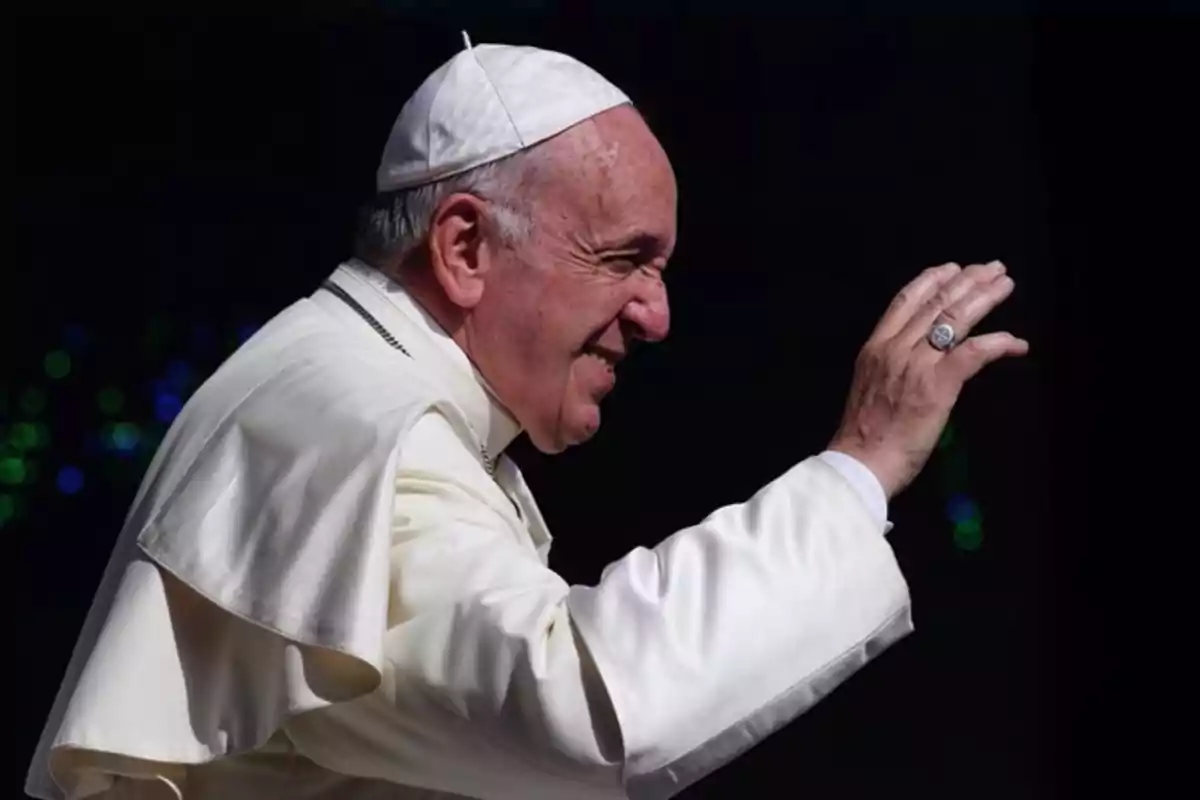
Among the most mentioned is Luis Antonio Tagle (Philippines, 67 years old). Prefect of the Dicastery for Evangelization and former archbishop of Manila, he is identified as a continuator of Francis's progressive wing. He would be the first Asian pope in modern history.
Also mentioned is Robert Sarah (Guinea, 79 years old). Emeritus Prefect of Liturgy, he is a prominent voice of the Church's traditionalist sector. A reference for those advocating for a conservative shift in doctrinal matters.
The Spanish representation is led by Juan José Omella (Spain, 79 years old). Archbishop of Barcelona and former president of the Spanish Episcopal Conference. He is considered a close collaborator of Francis and a figure of moderate consensus in Europe. He represents the social and dialoguing line promoted in the outgoing pontificate.
On the other hand, the name of Matteo Zuppi (Italy, 69 years old) is also frequently mentioned. Archbishop of Bologna and president of the Italian Episcopal Conference. He is the strongest Italian 'papabile' (candidate for Pope) at the moment, with an open pastoral profile. He is also seen as a natural heir to Francis's reformist legacy.
The profile of Luis Antonio Tagle (Philippines)
Luis Antonio Gokim Tagle, 67 years old, is one of the most renowned Asian leaders in the Catholic Church. He was appointed archbishop of Manila in 2011 and made a cardinal by Benedict XVI in 2012, becoming the second Filipino prelate in the Roman Curia with international projection. During his governance in Manila, he stood out for an exceptional closeness to the faithful and a constant defense of the poor. In 2015, Pope Francis invited him to Rome to lead the Congregation for the Evangelization of Peoples (now Dicastery for Evangelization). From this position, he has been a key figure in the Church's missionary renewal.
He also presided over Caritas Internationalis (the Catholic humanitarian confederation) from 2015 to 2022. A position from which he reflected his commitment to social justice and helping the most vulnerable.
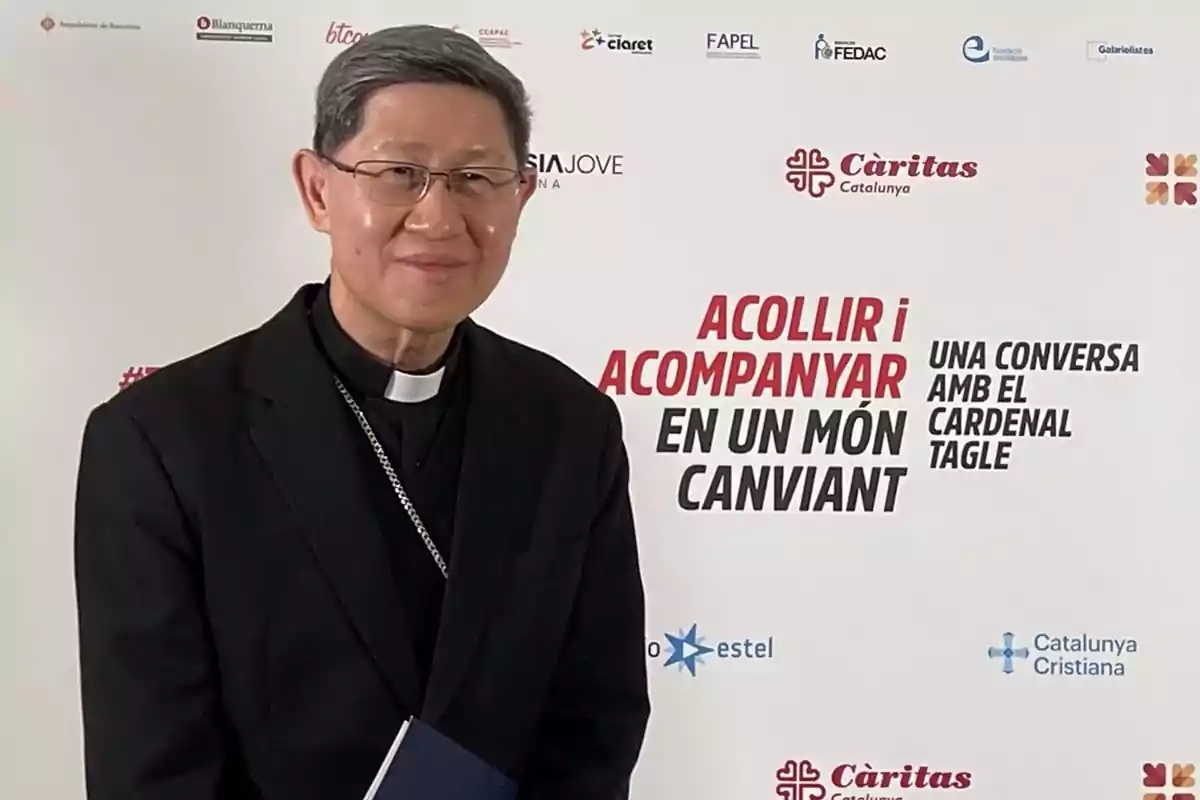
Known for his warm charisma and communicative ability, Tagle has been described as an "Asian Francis" for his pastoral and close style. He represents the progressive wing promoted by the Argentine pontiff. He has emphasized mercy and inclusion, even criticizing the Church's historically harsh language toward groups such as the LGBT, the divorced, or single mothers.
At the same time, he remains faithful to doctrine on sensitive issues. For example, he has firmly opposed abortion and euthanasia, although avoiding categorical condemnations in complex cases of non-traditional families. Vatican observers point out that he combines an open vision with theological and institutional solidity. A result of his academic training (he holds a doctorate in theology) and his experience leading one of the world's largest archdioceses.
His eventual election as Pope would be a historic event as he would be the first Asian Pope. It would also be seen as a ratification of Francis's pastoral and reformist line at the top of the Church.
The trajectory of Cardinal Robert Sarah (Guinea)
Robert Sarah, 79 years old, embodies the opposite profile in the ecclesial ideological spectrum. Born in Guinea, he was ordained a bishop at just 34 years old and led the archdiocese of Conakry for decades, during the postcolonial era. John Paul II called him to the Vatican in 2001, where he held high-responsibility positions. First as secretary of Propaganda Fide (Evangelization) and then as head of the Pontifical Council Cor Unum for charity.
In 2014, Pope Francis appointed him Prefect of the Congregation for Divine Worship and the Discipline of the Sacraments. That is, responsible for liturgy worldwide. Sarah held that position until 2021, when he retired upon turning 75, becoming prefect emeritus.
During his service, this African cardinal distinguished himself by strict doctrinal and liturgical orthodoxy. In fact, his books and spiritual essays have earned him a large group of traditionalist followers worldwide. He is multilingual (speaks French, Italian, and English fluently) and is highly respected in conservative circles of the Roman Curia.
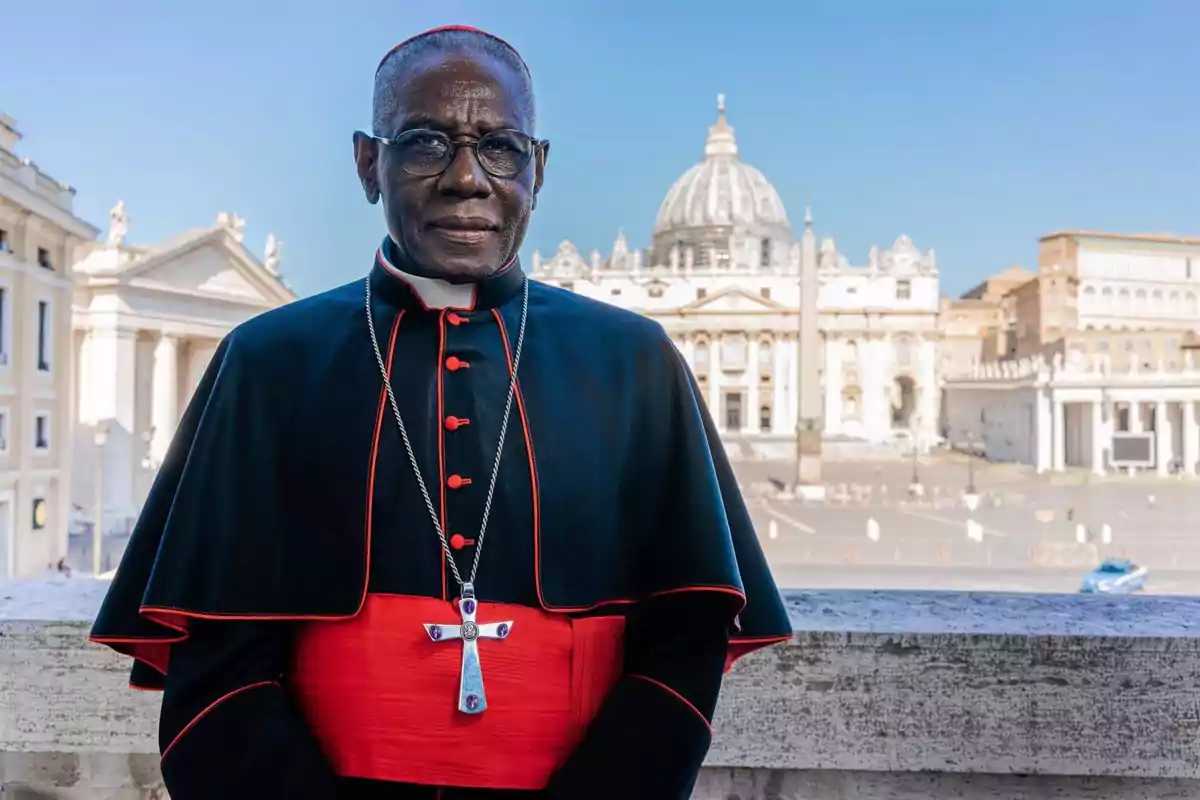
Considered the leader of the traditionalist wing within the College of Cardinals, Sarah has been a critical voice against current Church trends. At the 2015 Synod of the Family, he delivered an almost apocalyptic intervention, warning about the "contemporary evils" that, in his view, threaten Christianity. He highlighted abortion, gender ideology, and Islamist extremism, among others.
A fervent defender of priestly celibacy discipline, in 2019 he co-authored with Benedict XVI the book "From the Depths of Our Hearts". A heartfelt defense of celibate priesthood against proposals for flexibility. His firm stance on doctrine and liturgy has made him emblematic for sectors longing for a conservative shift after Francis's pontificate. At a time when Catholicism is growing strongly in Africa, Sarah's name arises —along with Ghanaian Peter Turkson— when debating the possibility of seeing a sub-Saharan pope for the first time.
However, his candidacy faces at least two obstacles. On one hand, his polarizing profile within the conclave itself, many moderate cardinals would hardly give him their vote. On the other hand, age: the Guinean turns 80 on June 15, at the limit to participate as an elector.
The possibilities of Cardinal Juan José Omella (Spain)
Juan José Omella Omella, 79 years old, is the main Hispanic candidate in this conclave and a familiar name in Francis's environment. Originally from the Aragon region (born in Cretas, Teruel), Omella developed his priestly ministry in rural communities and studied with the White Fathers in Leuven and Jerusalem.
He was a bishop in various Spanish dioceses —including Barbastro-Monzón and Logroño— before arriving in 2015 at the archbishopric of Barcelona, one of the country's most important. Two years later, in 2017, Francis made him a cardinal and subsequently incorporated him into the select Council of Cardinals (C-9) that advises the Pope on the governance of the universal Church.
This appointment evidenced the closeness and trust the pontiff placed in him. From 2020 to 2024, Omella also served as president of the Spanish Episcopal Conference. During this period, he promoted the first independent audit on sexual abuse in the Spanish Church. He also announced the creation of commissions to attend to the victims.
This initiative marked a milestone in the ecclesial response to the abuse scandal. It also ended up showing Omella as a leader capable of addressing delicate issues with transparency.
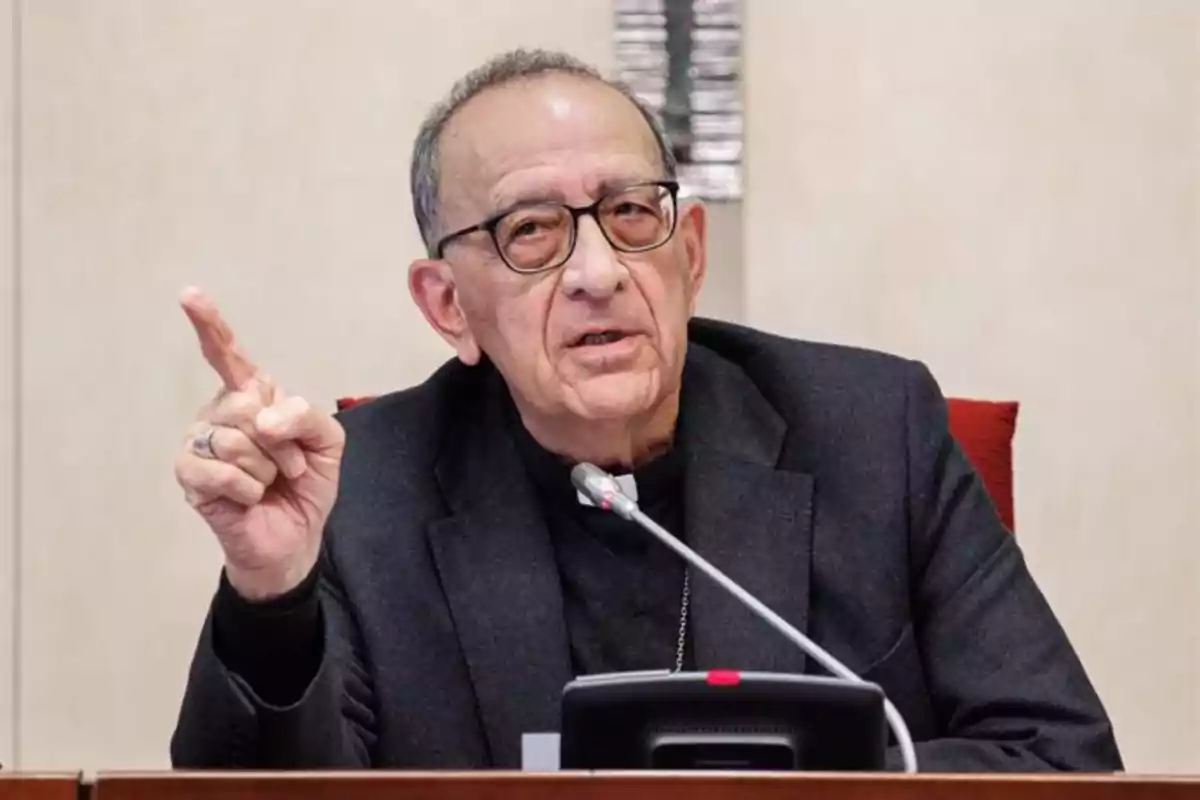
Ideologically, Cardinal Omella is seen as a moderate reformist, very aligned with Pope Francis's vision. Those who know him highlight his simplicity, closeness, and intelligence, always alert to the poor and the social dimension of the Gospel.
In Catalonia, he has had to mediate in turbulent times, such as the independence process. He always spoke in favor of unity from the Church's social doctrine. Thanks to this dialoguing attitude, Omella enjoys respect both in progressive sectors and in more traditional circles within Spain.
His profile makes him a consensus figure who could attract votes from different currents in the conclave. However, the historical fact that no Spaniard has been elected Pope since the 15th century weighs against him. In his favor is the notable weight of the Spanish Church today. Spain is the third country with the largest number of cardinals in the College of Cardinals (13 cardinals in total, 5 of them currently electors). His election would mean continuing Francis's pastoral agenda, this time with an Iberian accent.
The trajectory of Cardinal Matteo Zuppi (Italy)
Cardinal Matteo Maria Zuppi, 69 years old, stands out as the most mentioned Italian candidate to succeed Francis. He is currently the archbishop of Bologna (a position he has held since 2015) and president of the Italian Episcopal Conference since 2022. Trained within the diocese of Rome, Zuppi forged much of his ministry in the Community of Sant'Egidio. This is an influential lay movement dedicated to peace and interreligious dialogue.
With Sant'Egidio, Zuppi participated as a mediator in the historic process that achieved peace in Mozambique in 1992. An experience that cemented his diplomatic prestige and his reputation as a "bridge builder" in international conflicts.
His rise in the hierarchy has been notable: in 2012 he was appointed auxiliary bishop of Rome, in 2015 he moved to Bologna as archbishop, and in 2019 Francis made him a cardinal. That same year, he preached the Lenten spiritual retreat for the Vatican Curia, another indication of papal trust. Unlike many Italian cardinals, Zuppi was not trained within the central Curia. His career developed in grassroots pastoral work and peace missions.
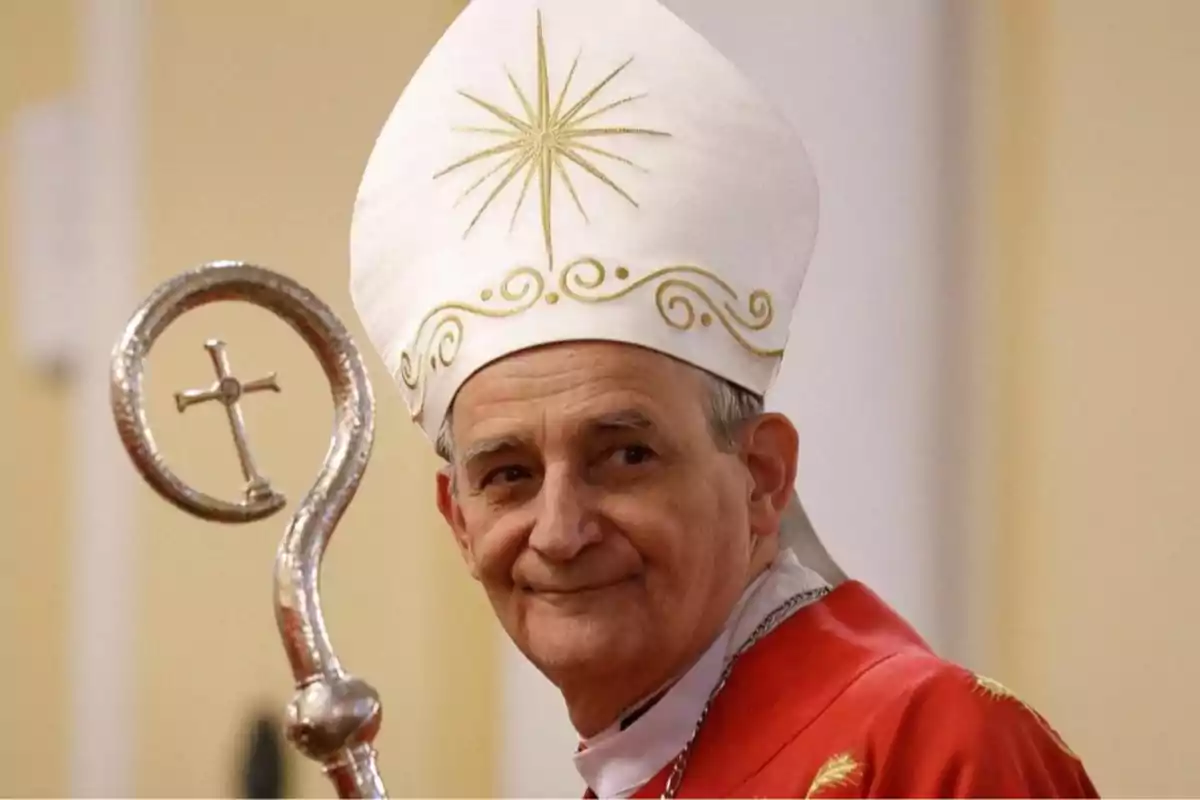
Zuppi represents, for many, the clearest continuity with Pope Francis's style and reforms. With a humble demeanor and direct language, he has emphasized a Church "open to all, without bureaucracies or formalities," citing his own words. He is in favor of discussing the possibility of optional celibacy for priests and a more welcoming pastoral approach toward homosexual couples. In fact, in 2018 he surprised by allowing the religious blessing of a homosexual couple in a parish in his diocese.
On the geopolitical level, his experience is equally notable: he has led discreet Holy See missions to reach out in complex situations, even acting as a peace envoy in current conflicts (he was recently delegated by Francis to explore dialogue avenues in the Ukraine war, meeting with leaders from Kyiv, Moscow, and Washington). His ability for international dialogue, even with powers like China or Russia, has earned him respect in the diplomatic field.
Analysts point out that his "Franciscan" profile —close to the poor, promoter of social justice, and open to the modern world— convinces many. As a possible weak point, he lacks long experience in the Vatican Curia. Something that some cardinals might consider important to govern the Church's complex central machinery.
More posts: